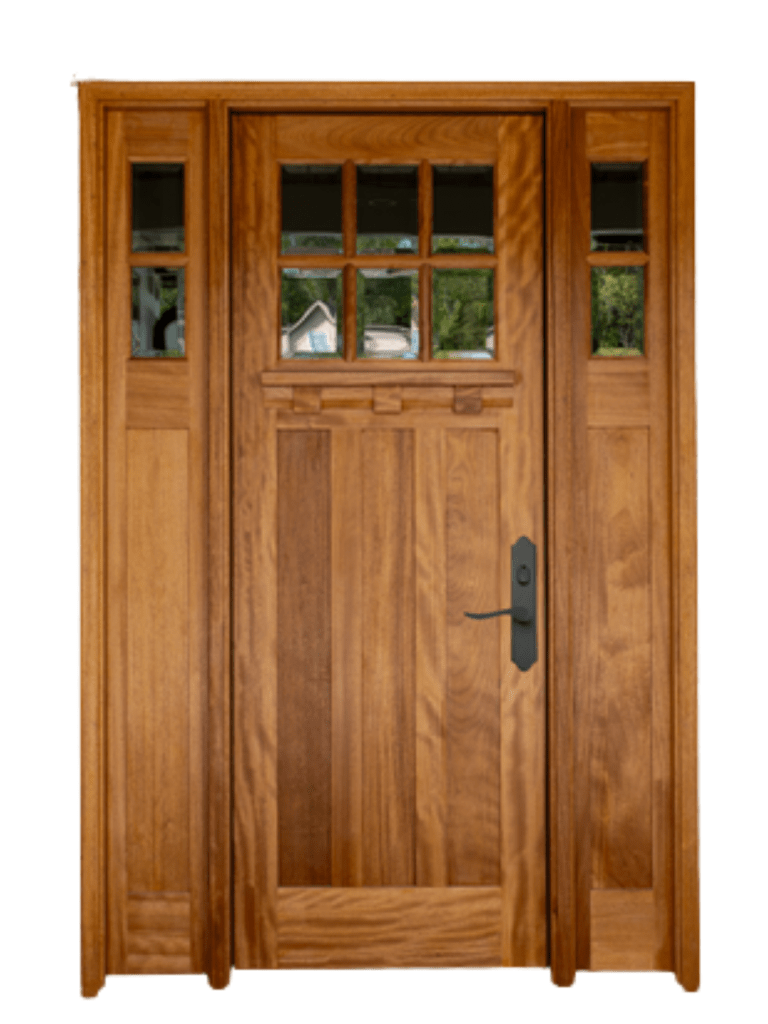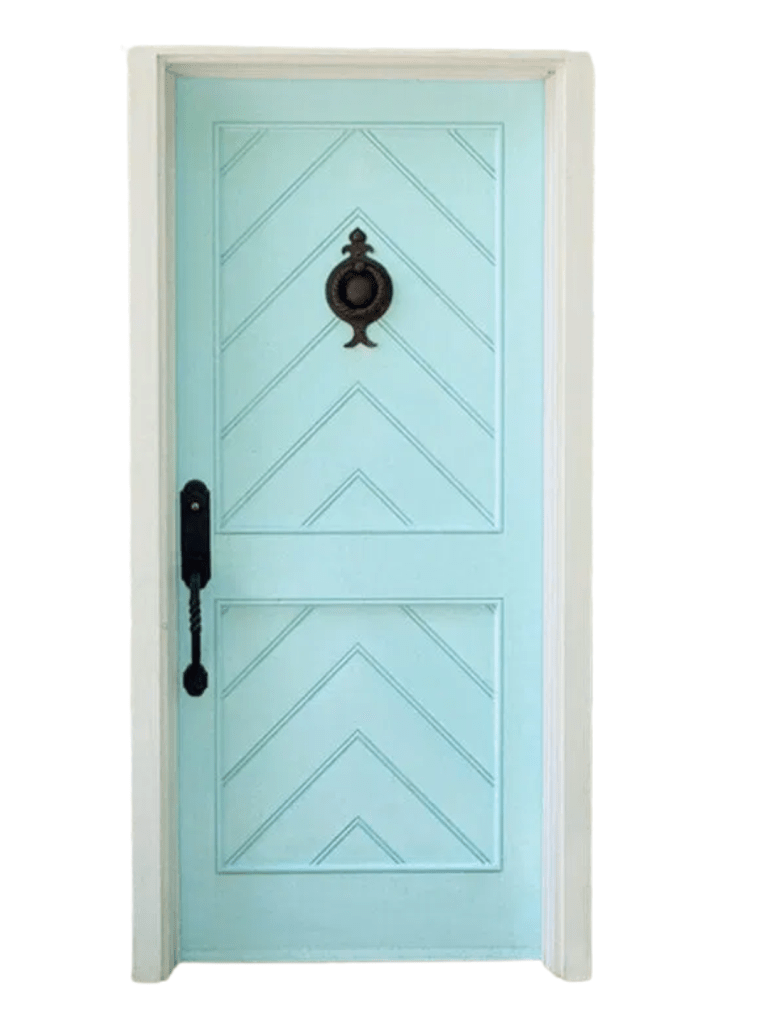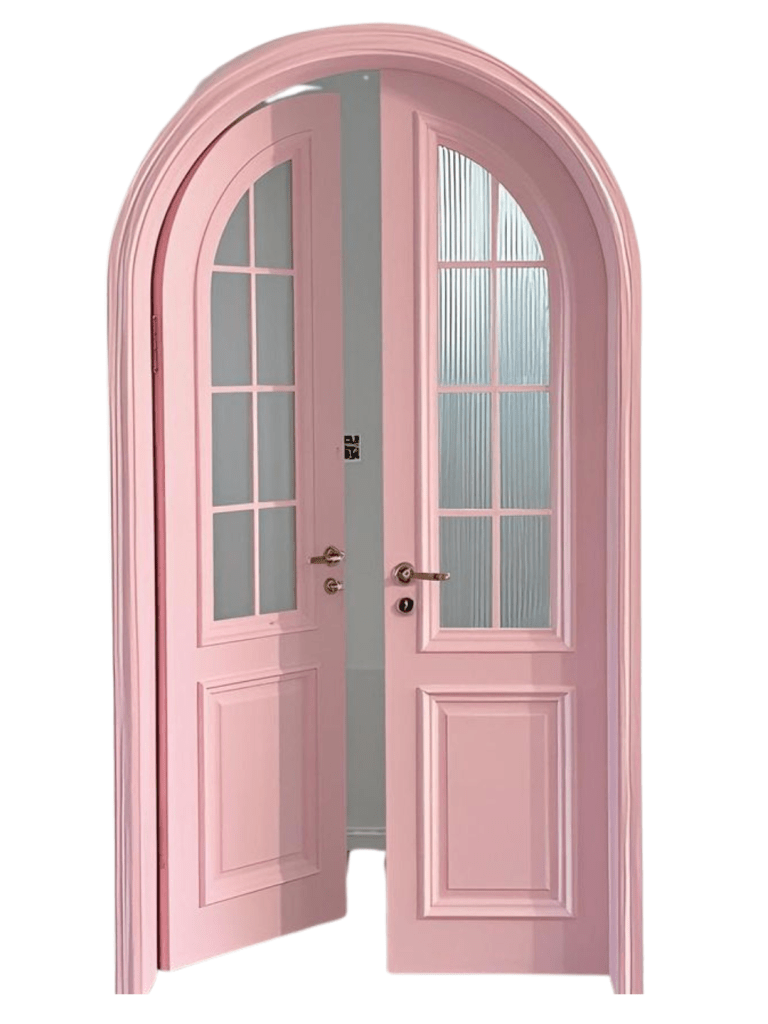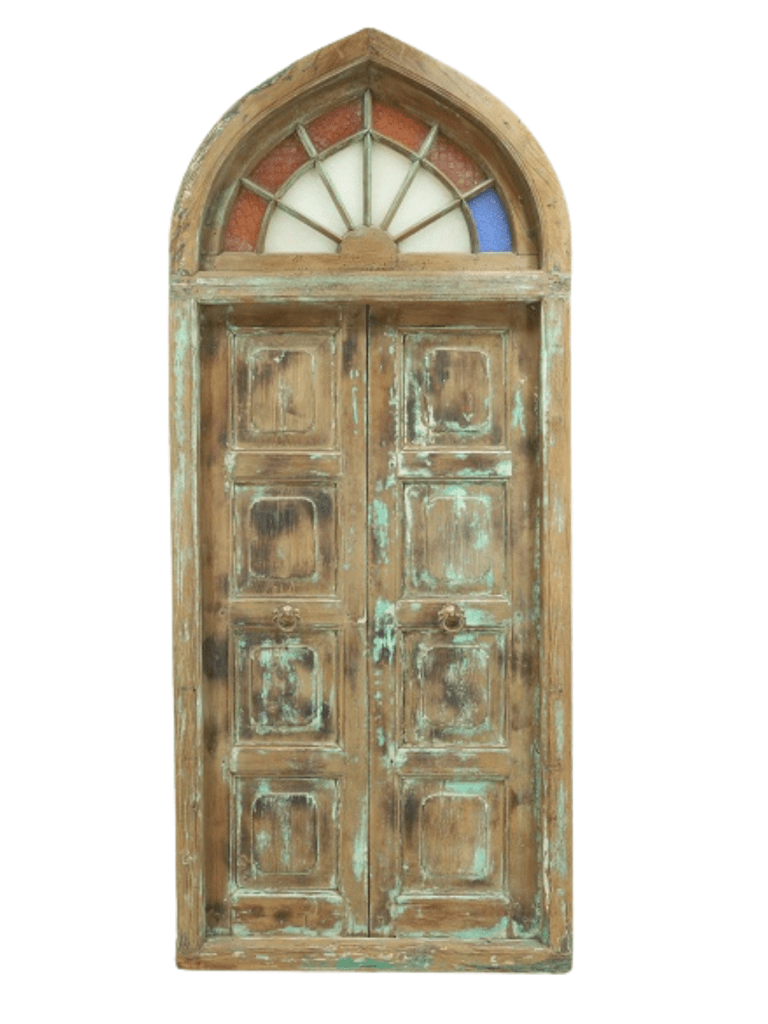The Clever Confidante
Welcome to The Clever Confidante: a space for reflection, personal storytelling, and holistic self-inquiry.
Choose Your Doorway
All journeys are always open. Explore them in your perfect season.
The Story
Welcome to The Clever Confidante. This is a space for reflection, personal storytelling, and honest inner dialogue.
What began as a private writing practice slowly unfolded into something more: a gathering place for thoughts, questions, rituals, patterns, and the quiet complexities of becoming.
This is not a space of instruction or expertise, but of exploration. A place to wander inward, to notice, to feel, to question, and to engage with your own unfolding story.
However you arrive here, you are welcome.
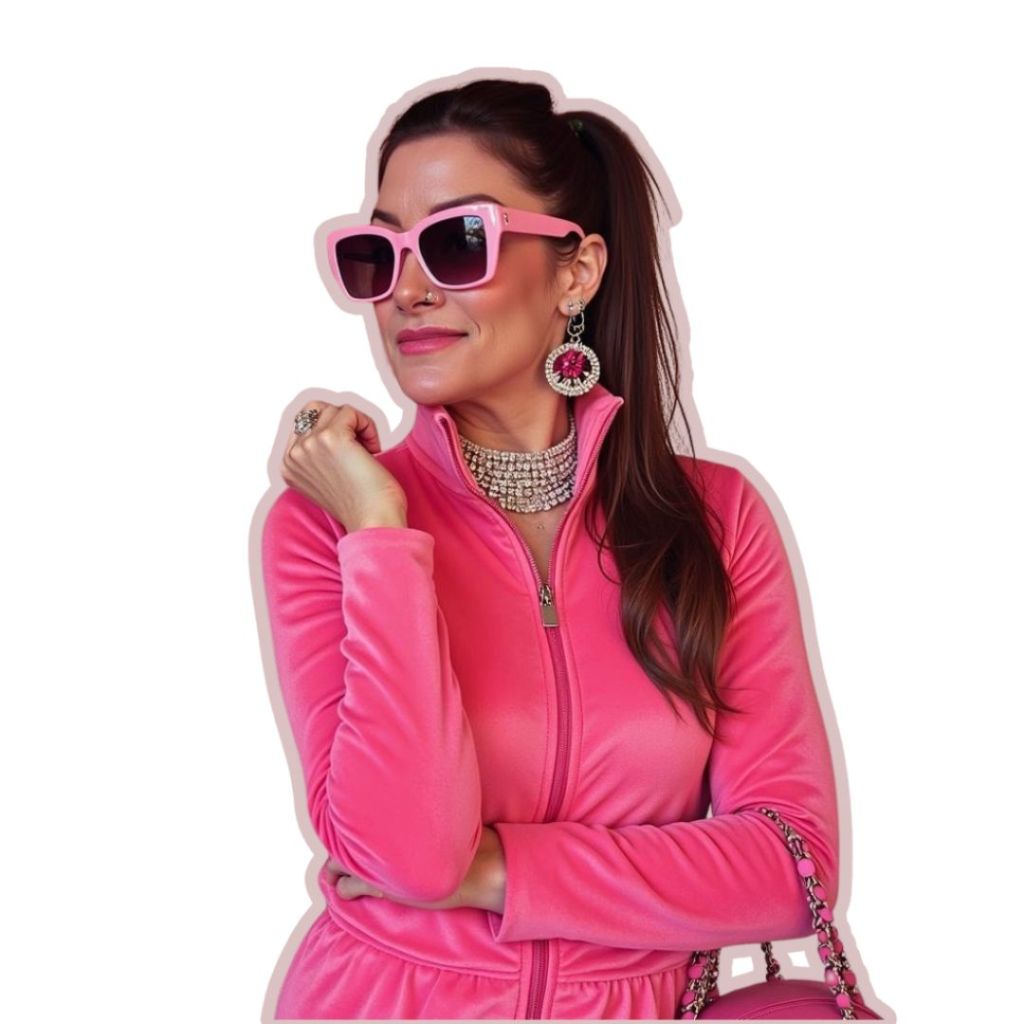
A Place for Holistic Wellness Planning
Nutrition
Meal Planning
Ideas for meal planning and a place for my favorite go-to meals.
Movement
Fitness Ideas
Inspiration and links to workouts that get me looking forward to getting up and moving
Reflection
Introspection
Tarot Spreads, moon tracking, transit updates, reflection prompts, affirmations and more.

Mira’s Story
Mira’s story is part fiction, part reflection, yet wholly honest.
A serial journal in becoming. Each chapter is followed by a letter from Mira’s writing desk, signed as The Clever Confidante, written to the part of you that knows what it is to bloom late but bloom anyway.
The series unfolds one chapter at a time.
12 Days of Dreaming
More than a journal. A ritual.
The 12 Days of Dreaming is a year-end ritual of intention, release, and tarot-guided reflection, designed to align your wishes with the energies of the coming year.
Beginning on Yule (December 20th), you will write 13 heartfelt wishes.
In the days that follow, you will burn one each day, releasing it as a gift to the Universe.
One wish remains unburned — yours to bring to life.
This ritual invites you to close the year with clarity, gratitude, and purpose.


Sacred Rose: A Lunar Self-Love Journey
Sacred Rose is a lunar-aligned reflection ritual woven with the symbolism and healing essence of the rose.
Guided by The Clever Confidante, this experience invites you into cycles of introspection, meditation, and gentle renewal, mirroring the ebb and flow of the moon.
Traditionally explored each February, Sacred Rose remains open whenever you feel called to begin.
Shadow Seeker
Shadow Seeker invites you into the deeper, often unexplored landscapes of your inner world.
Through reflective prompts, intentional check-ins, and grounded guidance, this experience supports honest exploration of emotions such as anger, jealousy, desire, childhood wounds, and the patterns that shape us.

Latest from the Blog
-

March: Ignition
The last two months have felt like a slow, steady, quiet building. January was full of micro-tweaks and subtle adjustments. Small calibrations. A tightening of bolts I didn’t even know were loose. February felt like a cleansing of the heart. A soft wringing out. A release of the things I’ve carried, the barriers I’ve erected,… Read more
-
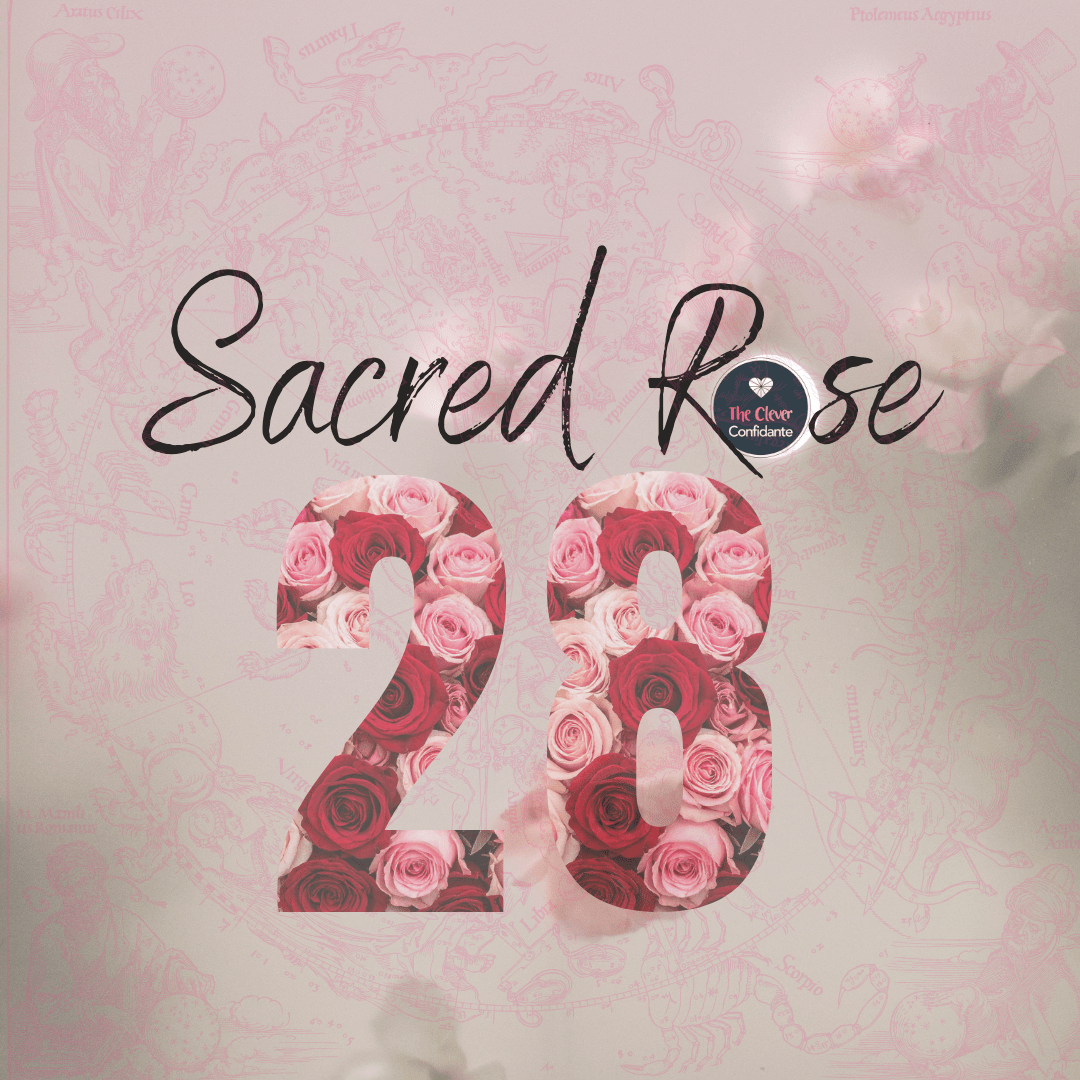
Day 28: Waxing Gibbous in Leo
Sacred Rose Dear Blossoming Soul, This month has been a journey. I once thought this would be something I did alone, even while sharing it with others. I was proud of creating the Sacred Rose journal. This is my third year following the phases of the moon and the blooming rose as a way of… Read more
-
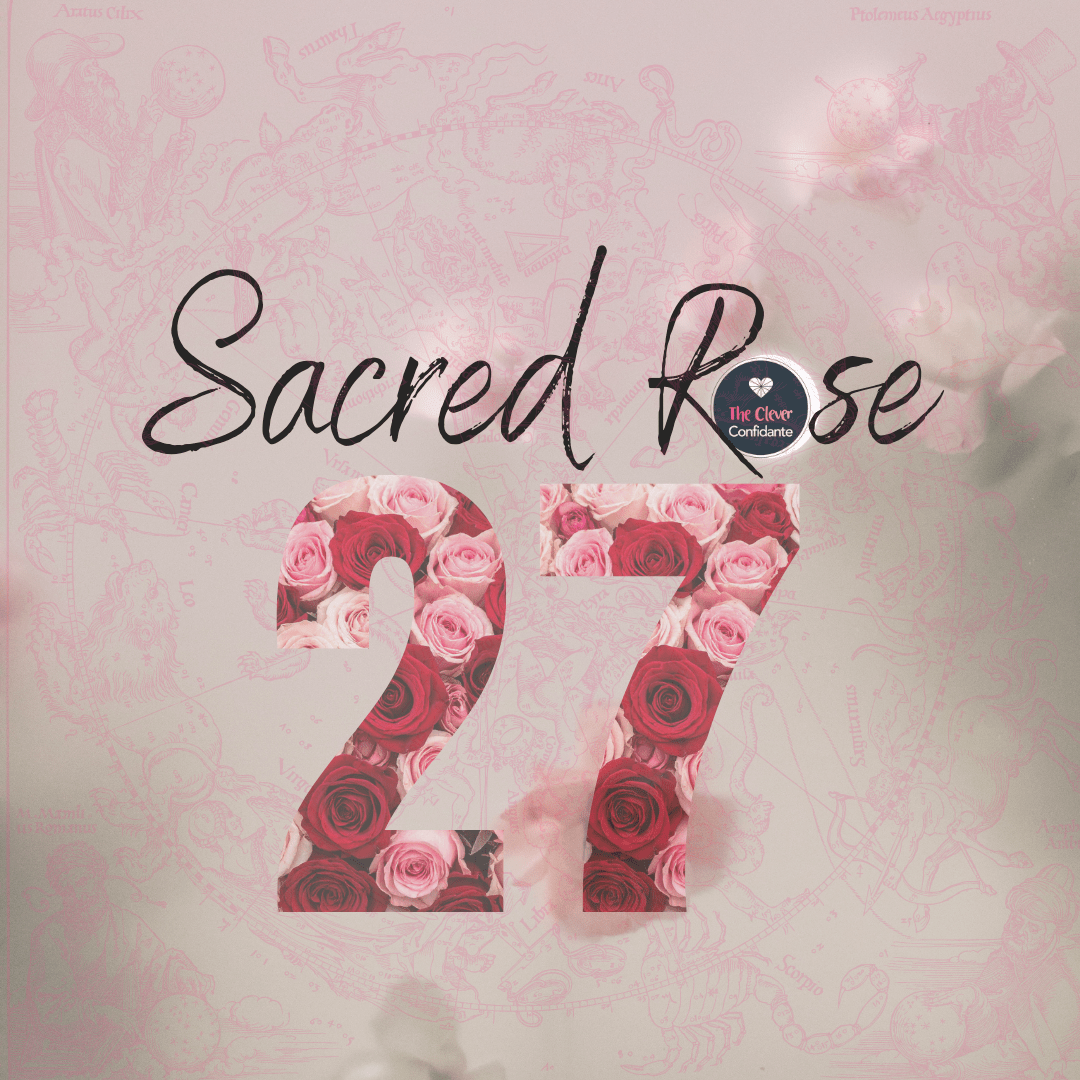
Day 27: Waxing Gibbous in Cancer
Sacred Rose Dear Blossoming Soul, How often do I shrug off a compliment without letting it land?Laugh it away.Deflect it with an awkward chuckle. Let discomfort decide for me. It is hard for me to receive. Compliments.Help.Love.Care. Because if I allow myself to believe they’ll stay, what happens when they don’t? What happens if I… Read more







